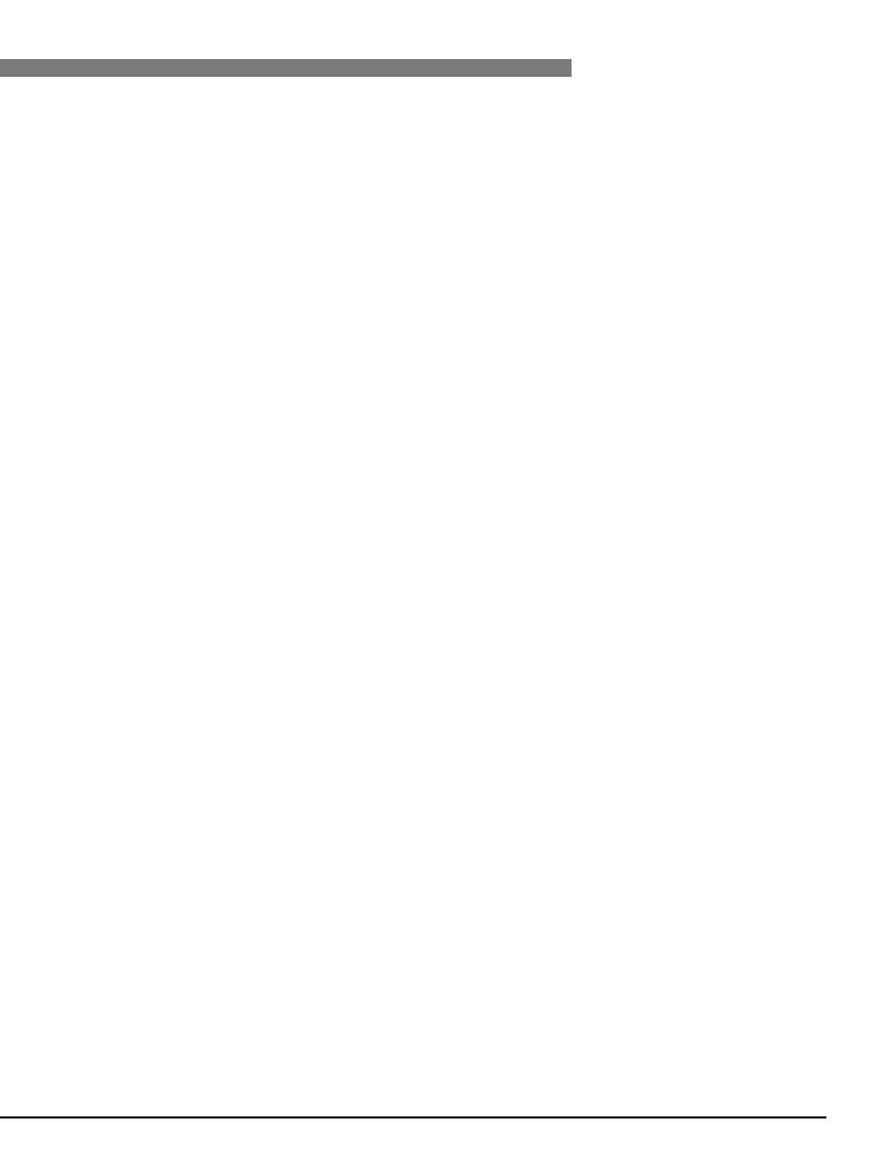
1.
Summary of Significant Accounting Policies--(continued)
Merchandise Inventories
Merchandise inventories are stated at the lower of average cost or market.
Catalog Costs
Catalog costs are deferred and amortized over the estimated productive life of the catalog,
generally three months. Such deferred costs are considered direct-response advertising in
accordance with AICPA Statement of Position No. 93-7, "Reporting on Advertising Costs", and
are reflected as long-term assets in the accompanying balance sheets. Prepaid catalog costs,
consisting mostly of paper to be used to print future catalogs, are included in prepayments and
other current assets in the accompanying balance sheets.
Capitalized Software Costs
Direct costs of purchasing and developing new software applications are capitalized and
amortized over estimated useful lives of two to five years. Amortization of capitalized software
costs totaled $1,043,000 in fiscal 2002, $515,000 in fiscal 2001, and $113,000 in fiscal 2000.
Capitalized software costs are included in other assets, and amounted to $12,942,000 and
$9,006,000 at February 23, 2002 and February 24, 2001, respectively. Accumulated amortization
of capitalized software costs amounted to $9,341,000 and $8,298,000 at February 23, 2002 and
February 24, 2001, respectively.
Depreciation and Amortization
Depreciation is recorded on the straight line method over estimated useful lives of 30 and 8
years for buildings and building improvements, respectively, and for other property, over
estimated useful lives ranging from 3 to 10 years. Leasehold improvements are amortized over
15 years, or the term of the applicable leases, whichever is shorter. The excess of the purchase
price for Rue de France, Inc. over the estimated fair value of the net tangible assets acquired
($2.5 million) is being amortized over a period of twenty years. The accumulated amortization of
the excess purchase price at February 23, 2002 amounted to $240,000.
In June 2001, the Financial Accounting Standards Board issued FAS No. 141, "Business
Combinations" and FAS No. 142, "Goodwill and Other Intangible Assets". FAS No. 141 addresses
accounting for business combinations, including the elimination of pooling of interests, the
recognition of intangible assets, and modifications to certain disclosure requirements. FAS No.
142 primarily addresses the accounting that must be applied to goodwill and intangible assets
subsequent to acquisition. In addition, the Company will be required to conduct an annual
review of goodwill for potential impairment. The adoption of FAS Nos. 141 and 142 for fiscal
F-7
NOTES TO CONSOLIDATED FINANCIAL STATEMENTS--(Continued)
L I L L I A N V E R N O N
